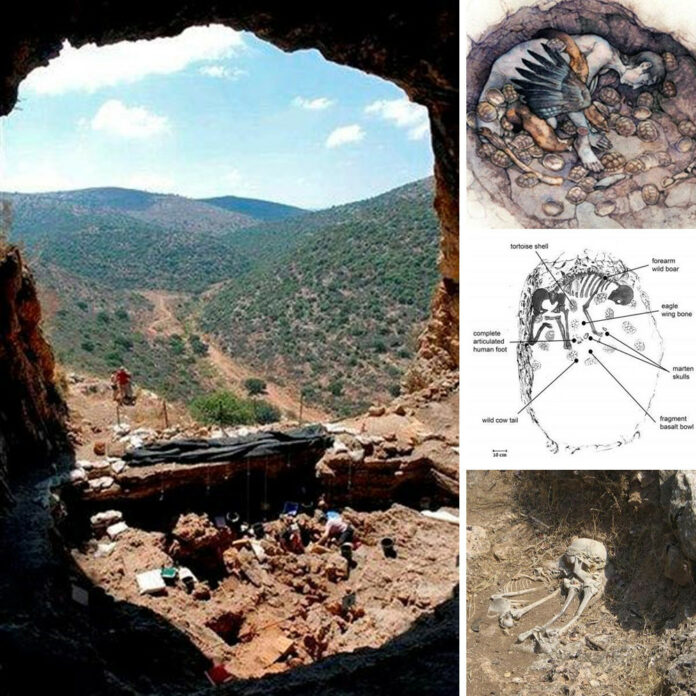A Glimpse into Prehistoric Funerary Practices
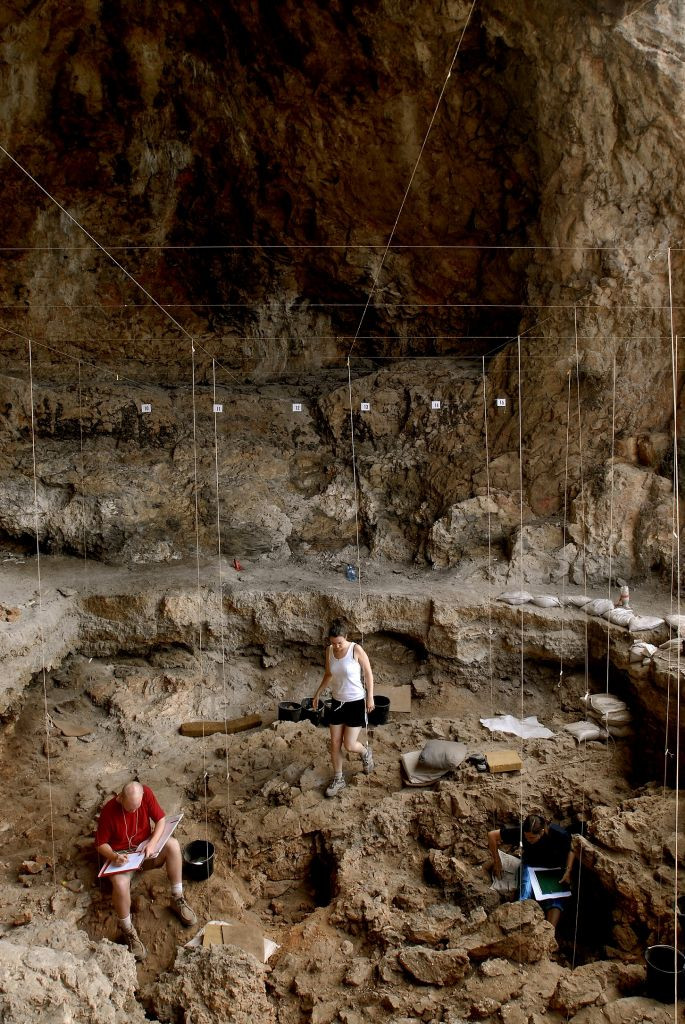
In 2008, archaeologists made a groundbreaking discovery in the Hilazon Tachtit Cave of northern Israel. They unearthed the grave of a 1.5-meter-tall woman, believed to be a shaman, who lived over 12,000 years ago. This find has provided invaluable insights into the burial rituals of the Natufian people, a culture transitioning from hunter-gatherer lifestyles to early agriculture.
The Extraordinary Burial
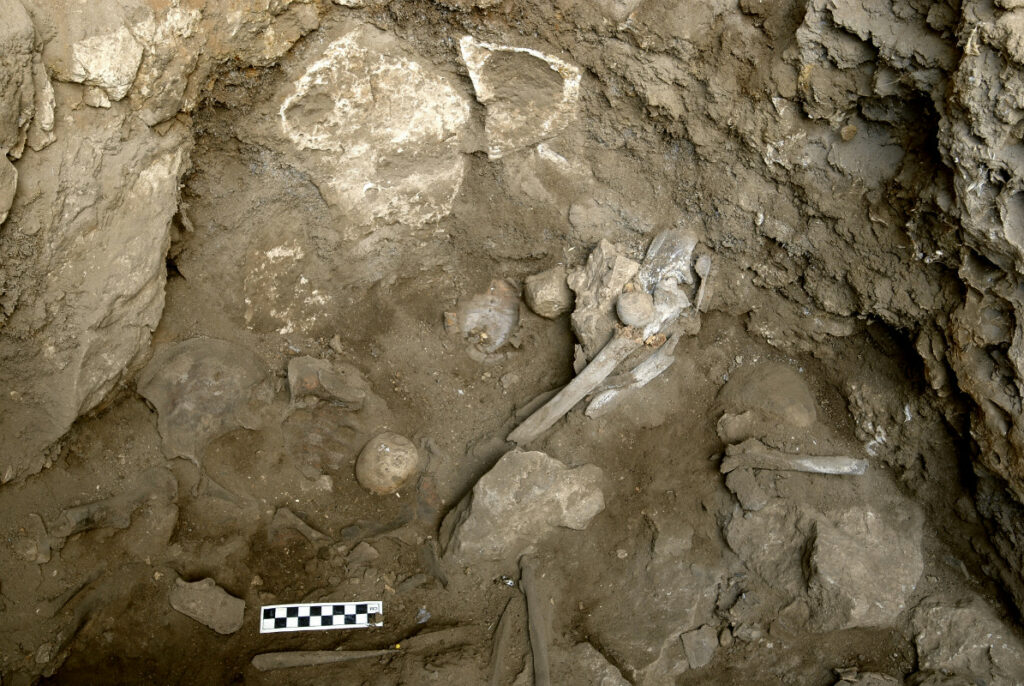
The grave, measuring 0.70 m x 1.00 m x 0.45 m, contained an array of carefully selected objects. The woman’s body was laid on a bed of specially curated materials, including gazelle horn cores, chalk fragments, fresh clay, and limestone blocks. Surrounding her were 86 tortoise shells, sea shells, an eagle’s wing, a leopard’s pelvis, a wild boar’s forearm, and even a human foot. A large stone sealed the burial space, emphasizing the ritual’s significance.
Reconstructing the Ritual
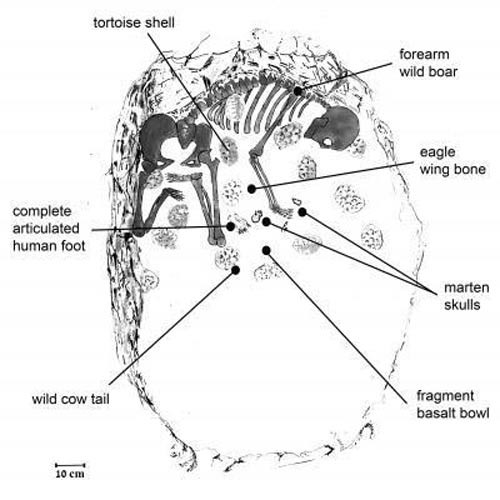
Eight years after the initial discovery, researchers meticulously reconstructed the sequence of events in this elaborate funeral ritual:
- Excavation of an oval grave pit in the cave floor
- Placement of a layer of objects, including seashells and a broken basalt palette
- Addition of a sediment layer containing ashes and debris
- Positioning of the woman’s body in a child-bearing position
- Placement of additional special items around and on top of the body
- Filling of the grave with sediment and limestone blocks
- Sealing of the grave with a large, heavy stone
The Ritual’s Significance
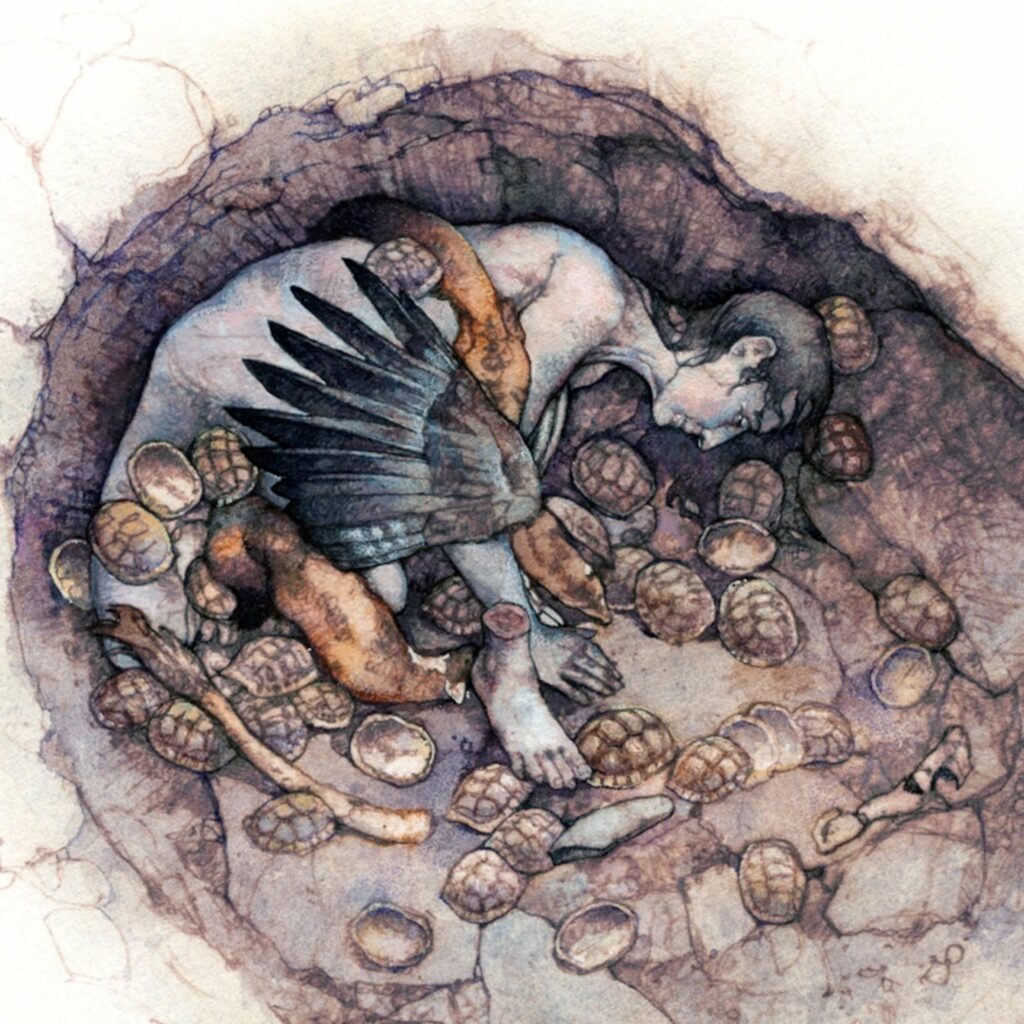
This discovery highlights the social complexity and ritual practices of the Natufian people during a crucial transitional period in human history. The extensive pre-planning and community engagement required for this funerary event suggest a defined ‘to-do’ list and a structured plan of ritual actions.
Conclusion
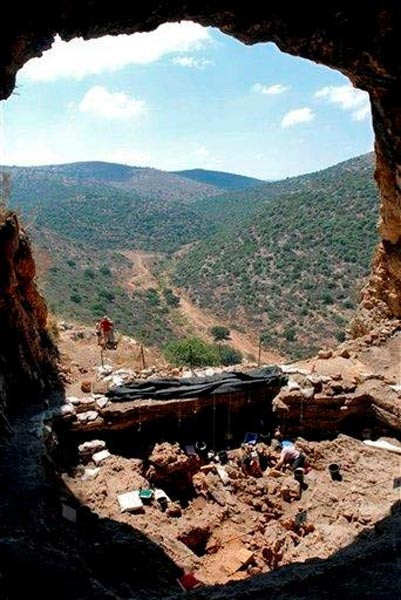
The elaborate burial ritual discovered at the Hilazon Tachtit Cave offers a rare glimpse into the beliefs, social structures, and practices of the Natufian people 12,000 years ago. This finding not only expands our understanding of prehistoric cultures but also underscores the importance of archaeological research in unveiling the complex social and ritual dimensions of our ancestral past.
